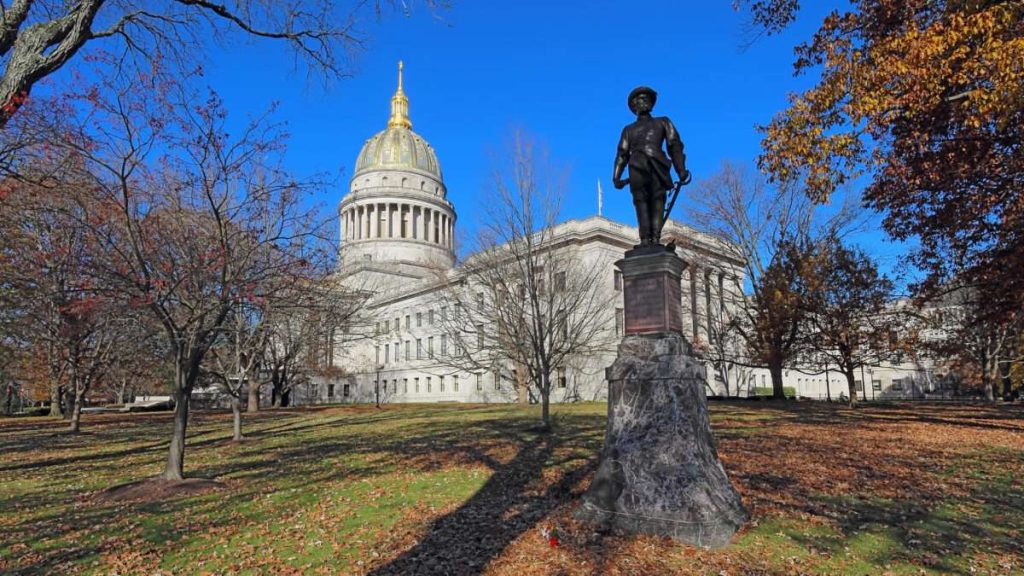On Tuesday, West Virginia Gov. Jim Justice (R) declared a state of emergency over persistent issues with the Free Application for Federal Student Aid (FAFSA) form. The financial aid form, which is required for any college students seeking federal grants or loans—not to mention financial aid at most colleges—has been plagued with technical bugs since its rollout in December.
As part of the state of emergency, Justice has lifted the state’s requirement that students submit the FAFSA form in order to receive major state grants.
“I don’t believe any other state in the nation has gone this far, but I simply cannot and will not stand by as money sits on the table that could be helping our students continue their education,” Justice said in a press release. “There’s only so much outreach you can do when students can’t complete the form due to issues only the federal government can control. We have been left with no choice but to suspend the FAFSA requirement for our state financial aid programs.”
As part of the 2020 Consolidated Appropriations Act, the Education Department was directed to create a streamlined version of the FAFSA form. On December 31, 2023, the department finally released the new form—more than two months later than FAFSA’s usual release date and without extending the deadline for completion. While the updated form was much shorter than previous versions, it was also inundated with technical bugs.
FAFSA’s own website details dozens of errors in the form since its release date—some that persisted for months, preventing students from completing the form at all. In March, the Education Department even announced that around 200,000 complete forms had been miscalculated, leading colleges and the government to offer students more financial aid than they were eligible for.
In a typical year, around 17 million students fill out the FAFSA form, but as of mid-April successful form completions are down 29 percent. That means millions of students who would typically complete the form are likely to miss out on financial aid for college.
How is West Virginia going to know who is eligible for state grants without FAFSA? According to Tuesday’s press release, students can show they’re eligible for the need-based Higher Education Grant by providing their school with a letter showing they qualify for one of several state welfare programs (like Medicaid or the Supplemental Nutrition Assistance Program). Students who previously received the grant don’t have to prove eligibility again.
The governor’s executive order also lifts the FAFSA requirement for a handful of other state educational grants, though it isn’t clear if students will need to complete additional steps in place of FAFSA to receive funding.
Justice’s executive order highlights just how disastrous this year’s FAFSA rollout has become—and sends a powerful signal that, if the federal government can’t make good on its promises, individual states can take matters into their own hands.
The post West Virginia Declares State of Emergency Over FAFSA Chaos appeared first on Reason.com.







